Jupp Heynckes: The Legendary Manager Who Masterminded 'the Greatest Bayern Side Ever'
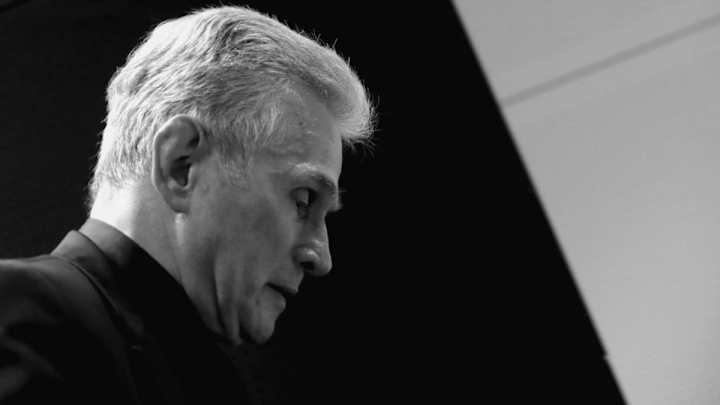
Jupp Heynckes is number 32 in 90min's Top 50 Great Managers of All Time series. Follow the rest of the series over the course of the next seven weeks.
Joseph 'Jupp' Heynckes is one of the most universally respected men in the game, but he probably isn't alongside the likes of Gerd Muller or Franz Beckenbauer when you first think of German footballing icons.
His extraordinary career has made him one of the most important figures in recent European football history, although it took a while to truly cement his legacy by producing, in the words of Beckenbauer: "the greatest Bayern side ever seen."
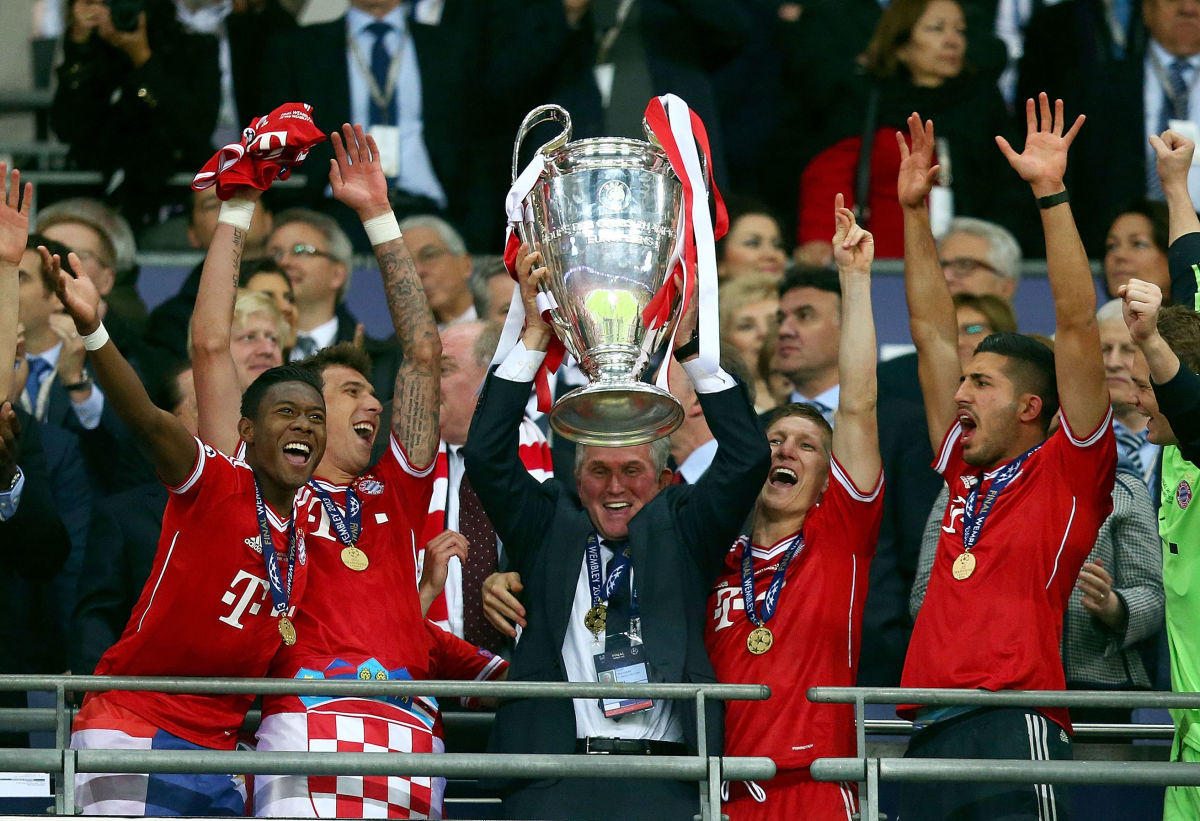
Over the past 30-years, there have been few clubs who have dominated their league to the extent that Bayern Munich have.
But, even the great and the good sometimes run into trouble. What sets you apart from the rest is how you recover from those situations, or in this case, who you can always rely on.
In a strangely similar way to Gotham's call for Batman in their time of need, it seemed forever that Heynckes would arrive to save the Bavarians, only to disappear into the shadows, waiting for his time to come once again.
And there's a reason why Bayern turned to Heynckes four times.
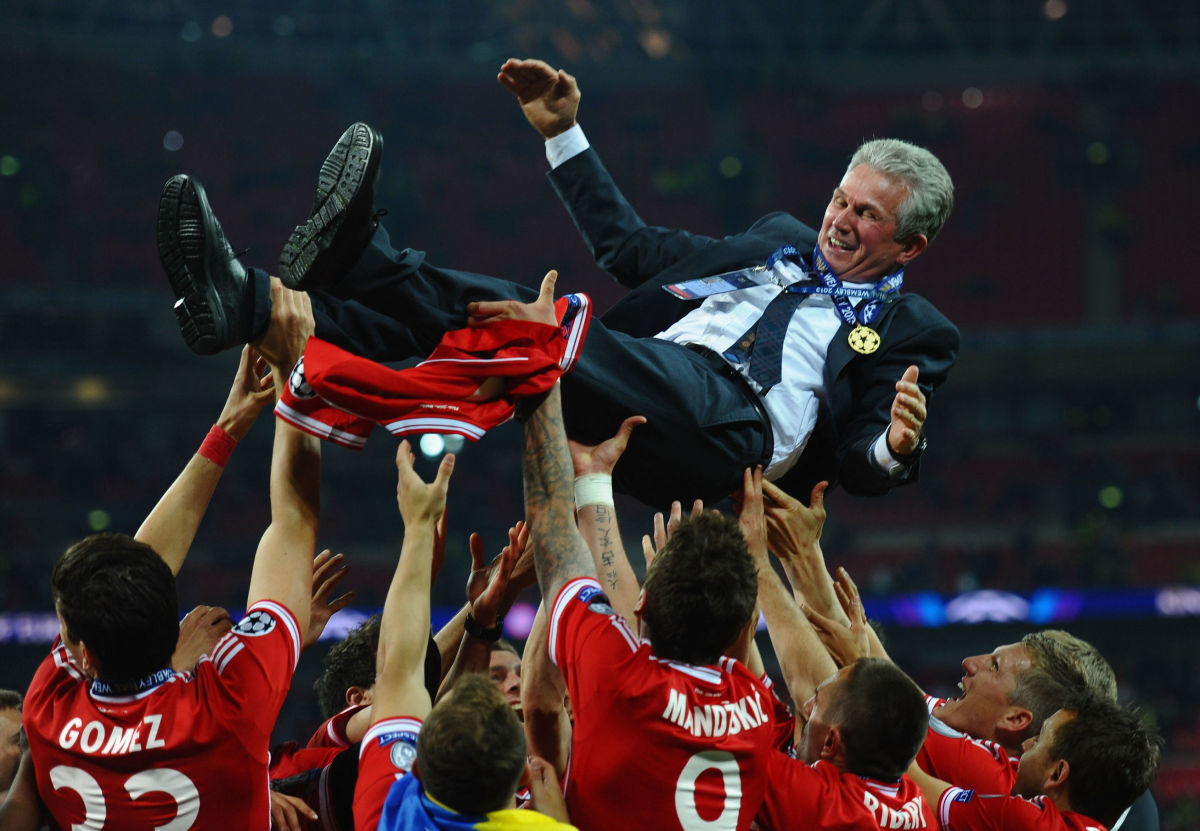
Career Honours |
|---|
Bundesliga (1988/89, 1989/90, 2012/13 & 2017/18) |
DFL Supercup (1987, 1990 & 2012) |
DFB Pokal (2013) |
UEFA Champions League (1998 & 2013) |
Spanish Super Cup (1997) |
FIFA World Coach of the Year (2013) |
As a player, he had a hugely successful 15-year career, in which he was part of the ruthless Borussia Monchengladbach side which won four league titles in the 70s.
He was an outstanding centre-forward, with his total of 243 Bundesliga goals only bettered by the great Muller and Klaus Fischer, and was also a member of the West Germany side that won the 1972 European Championships.
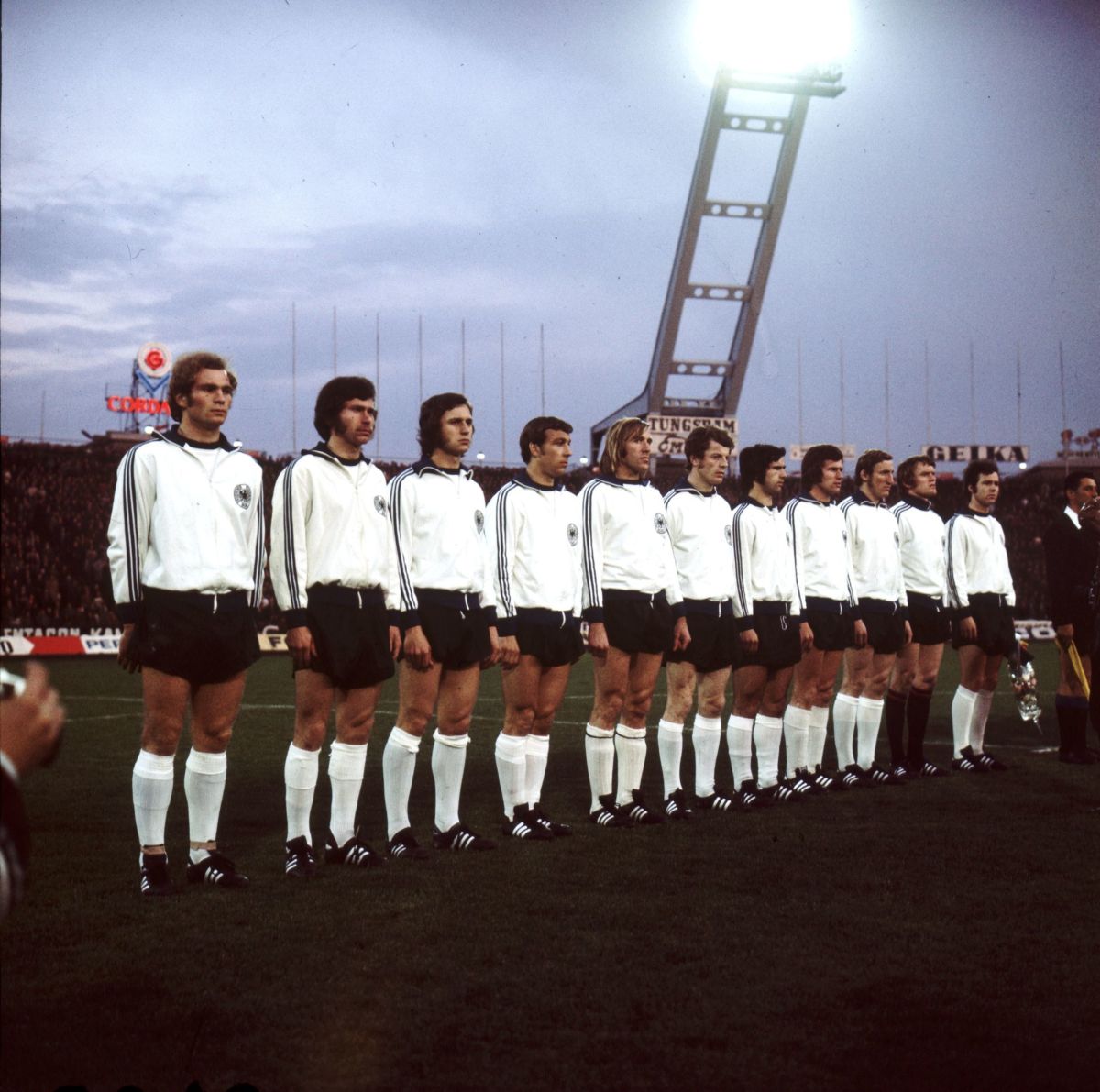
His success as a player gave him hero status at his hometown club of Monchengladbach, but that admiration would soon give him the chance to become an icon as he was appointed manager in 1979, aged just 34.
In his first full season in the top job, he led his side to the 1980 UEFA Cup final, where they lost to Frankfurt, but his talent and forward thinking ideas made it crystal clear that special things were coming for Heynckes.
He would spend seven more years at the club, and despite finishing no higher than third in his time there, he earned the nickname of 'the champion without a title', due to his clear love for Die Fohlen and his unmatched hard work and preparation.
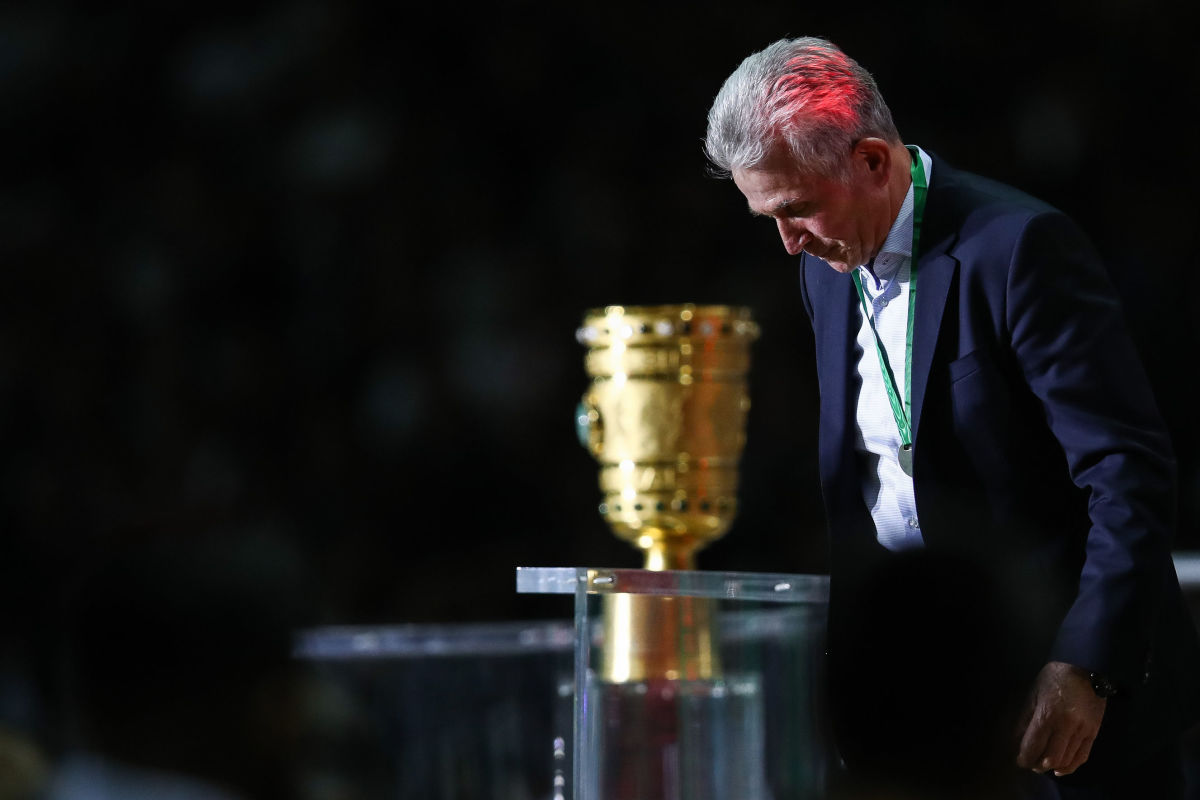
Then in 1987, he did what most of the greats in German football do, and made his first move to Bayern Munich, where he won back-to-back league titles before being sacked four years into his reign, something which then general manager Uli Hoeness described as "the worst mistake of my career."
By the time his successful reigns as Athletic Bilbao, Frankfurt and Tenerife had all come and gone in the mid-90s, Heynckes had developed a reputation as having one of the game's great tactical minds.
And so, along came Real Madrid for the biggest challenge of his career so far, which was to finally deliver the Champions League to the Bernabeu for the first time in 32 years, and Heynckes did just that.
His side's 2-1 win over Juventus in the 1998 final wasn't good enough however for the typically impatient Blancos' hierarchy, and he was sacked due to poor domestic form.
Former Real Madrid coach Jupp Heynckes with the Champions League cup of 1998. pic.twitter.com/Pb6IV9JaOJ
— ClassicFootballPics (@Footballpics96) April 11, 2014
Following underwhelming spells at Benfica and Bilbao again, he returned to Germany in 2003 to manage Schalke, where he was christened with the nickname of "Osram", given to him due to his reddening face when he would go on one of his infamous touchline meltdowns.
He was sacked in 2006, before leading his old side Monchengladbach in supposedly his final season before retirement.
Two years later, it was time for Bayern Munich: Part two.
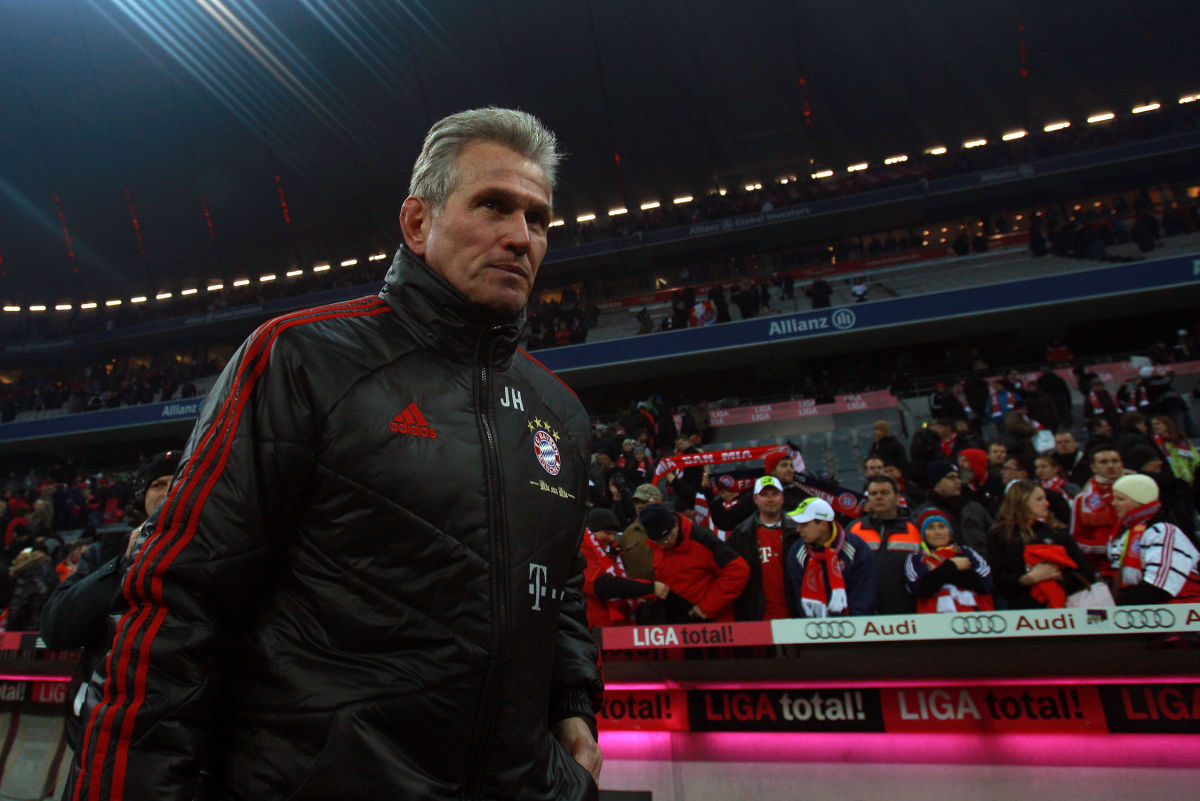
He only took charge of five games, in which he won four to steer Bayern into the Champions League places.
But the bug was back. The fire had been relighted. Heynckes wanted one more shot at the big time to leave his mark.
Come 2012, we are well into Bayern Munich: part three, and it is clear that his time spent across Europe has taught him man-management skills and adaptability like we have very rarely seen in the 21st century.
However Bayern finished runners-up in all three competitions, including a devastating penalty shoot-out loss to Chelsea in the Champions League final in their own backyard.
They were a wounded animal, and with the likes of Philip Lahm, Arjen Robben and Manuel Neuer in their prime, Heynckes settled on his 4-2-3-1 formation, and they were ready to reclaim their crown from Jurgen Klopp's Dortmund.
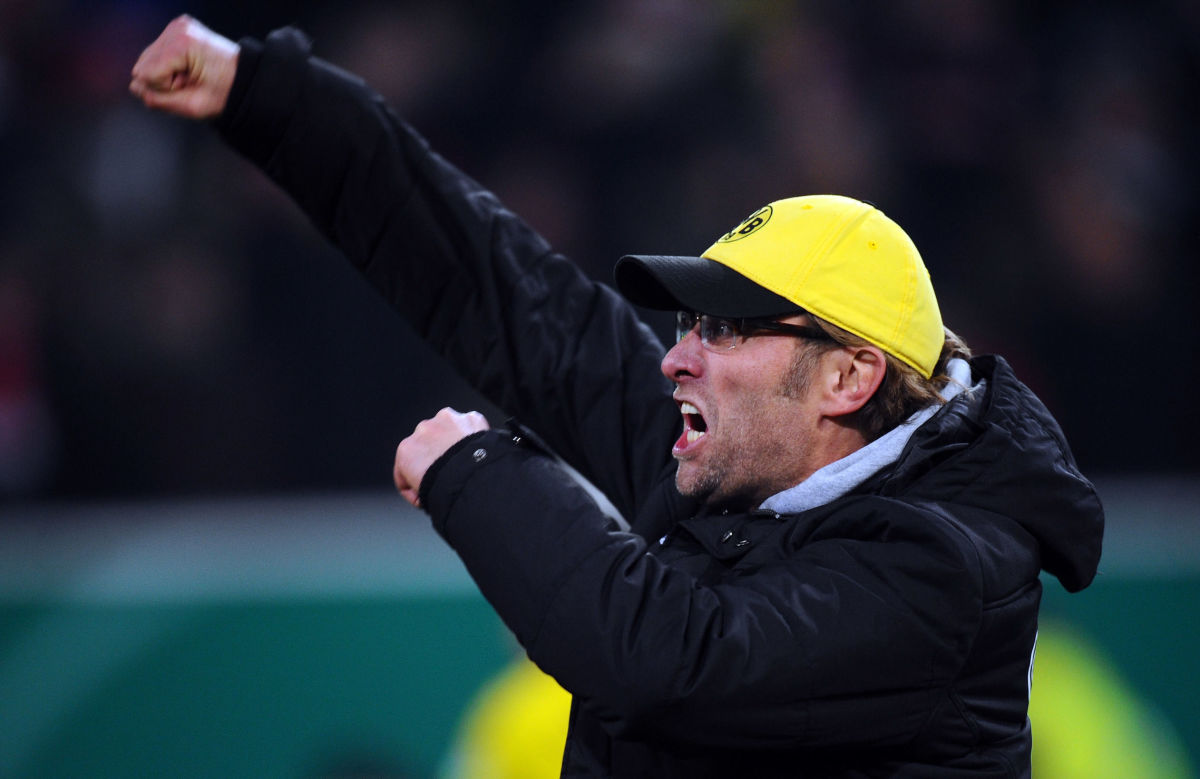
The key thing about that squad is the sheer work rate put in by every single player to make the system as fluid as possible, with ever player given one specific task: to make life as difficult as humanly possible for the opposition.
That season, Bayern conceded just 18 goals in 34 games as they won the domestic double, before a late Robben winner at Wembley against Dortmund in the 2013 European Cup final gave Heynckes his greatest triumph: the treble.
Jupp Heynckes' record as Bayern manager between 2011 and 2013 is not bad at all. 👀
— Squawka (@Squawka) October 6, 2017
The first German side to win a treble. pic.twitter.com/AknPrYyr9o
He became the first German manager to win the treble, before being replaced by Pep Guardiola after his second retirement.
Teams Managed | Years |
|---|---|
Borussia Monchengladbach | 1979-87 & 2006-07 |
Bayern Munich | 1987-91, 2009, 2011-13 & 2017-18 |
Athletic Club | 1992-94 & 2001-03 |
Eintracht Frankfurt | 1994-95 |
Tenerife | 1995-97 |
Real Madrid | 1997-98 |
Benfica | 1999-2000 |
Schalke | 2003-04 |
Bayer Leverkusen | 2009-11 |
However, in 2017, Bayern Munich: part FOUR took place, and he would go on to claim 22 wins in 26 Bundesliga games to win one more league title for the club.
Heynckes is now definitely, officially, never changing his mind again, retired for good. And he retires as one of the greatest of all time.
In total, he won four Bundesliga titles and two Champions Leagues during his incredible 1,265 game managerial career, and if you're looking for a tactical genius who used his vast experience to change the way European football is played, you won't need to look much further than Jupp Heynckes.
Number 50: Marcelo Bielsa - El Loco's Journey From Argentina to Footballing Immortality in Europe
Number 49: Vic Buckingham - How an Englishman Discovered Johan Cruyff & Pioneered Total Football
Number 48: Claudio Ranieri: A Ridiculed Tinkerman Who Masterminded One of Football's Greatest Ever Achievements
Number 47: Bill Nicholson: Mr Tottenham Hotspur, the First Double Winning Manager of the 20th Century
Number 46: Sven-Goran Eriksson: The Scudetto Winning Shagger Who Never Solved the Lampard-Gerrard Conundrum
Number 45: Sir Alf Ramsey: The Man Behind the 'Wingless Wonders' & England's Sole World Cup Triumph
Number 44: Antonio Conte: An Astute Tactician Whose Perfectionist Philosophy Reinvented the 3-5-2 Wheel
Number 43: Kenny Dalglish: The Beacon of Light in Liverpool's Darkest Hour
Number 42: Massimiliano Allegri: The Masterful Tactician Who Won Serie A Five Times in a Row
Number 41: Sir Bobby Robson: A Footballing Colossus Whose Fighting Spirit Ensured an Immortal Legacy
Number 40: Luis Aragones: Spain's Most Important Manager, the Atleti Rock and the Modern Father of Tiki-Taka
Number 39: Herbert Chapman: One of Football's Great Innovators & Mastermind Behind the 'W-M' Formation
Number 38: Carlos Alberto Parreira: The International Specialist Who Never Shied Away From a Challenge
Number 37: Franz Beckenbauer: The German Giant Whose Playing Career Overshadowed His Managerial Genius
Number 36: Viktor Maslov: Soviet Pioneer of the 4-4-2 & the Innovator of Pressing
Number 35: Rafa Benitez: The Conquerer of La Liga Who Masterminded That Comeback in Istanbul
Number 34: Zinedine Zidane: Cataloguing the Frenchman's Transition From Midfield Magician to Managerial Maestro
Number 33: Luiz Felipe Scolari: How the Enigmatic 'Big Phil' Succeeded as Much as He Failed on the Big Stage
